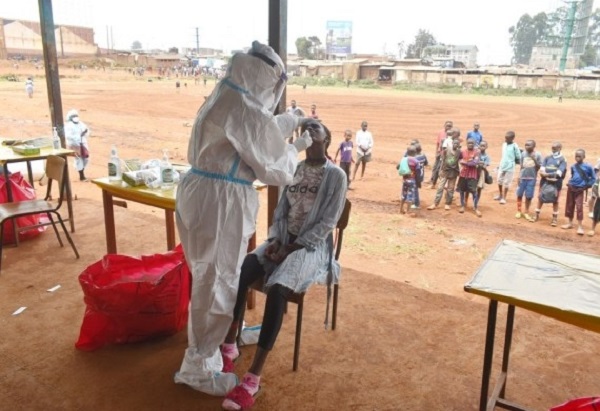
Nairobi, (Samajweekly) One year from the onset of the Covid-19 pandemic, recovery spending has fallen short of nations’ commitments to build back more sustainably, an analysis, led by Oxford’s Economic Recovery Project and the UN Environment Programme (UNEP), said on Wednesday.
It finds only 18.0 per cent of announced recovery spending can be considered ‘green.’
The report — Are we building back better? Evidence from 2020 and pathways for inclusive green recovery spending — calls for governments to invest more sustainably and tackle inequalities as they stimulate growth in the wake of the devastation wrought by the pandemic.
The most comprehensive analysis of Covid-related fiscal rescue and recovery efforts by 50 leading economies so far, the report reveals that only $368 bn of $14.6 tn Covid-induced spending (rescue and recovery) in 2020 was green.
UNEP’s Executive Director Inger Andersen said: “Humanity is facing a pandemic, an economic crisis and an ecological breakdown. We cannot afford to lose on any front. Governments have a unique chance to put their countries on sustainable trajectories that prioritise economic opportunity, poverty reduction and planetary health.”
Brian O’Callaghan, lead researcher at the Oxford University Economic Recovery Project and the report’s author, said: “Despite positive steps towards a sustainable Covid-19 recovery from a few leading nations, the world has so far fallen short of matching aspirations to build back better.
“But opportunities to spend wisely on recovery are not yet over. Governments can use this moment to secure long-term economic, social, and environmental prosperity.”
“Our ability to better inform and monitor the investments made by countries to address the socio-economic effects of the Covid-19 pandemic is vital to keep the green, inclusive recovery on track,” said Achim Steiner, UNDP Administrator.
“In this respect, the Global Recovery Observatory and UNDP’s Data Futures Platform offer policymakers a rich new set of data points and insights — expanding access to such resources will help to increase the transparency, accountability, and effectiveness of the investments being made now and their impact on our sustainable future.”
The report emphasizes that green recovery can bring stronger economic growth, while helping to meet global environmental targets and addressing structural inequality.
To keep decades of progress against poverty from unwinding, low-income countries will require substantial concessional finance from international partners.
On the whole, so far global green spending “has been incommensurate with the scale of ongoing environmental crises,” according to the report, including climate change, nature loss, and pollution, missing significant social and long-term economic benefits.
Download and Install ‘Samaj Weekly’ App
https://play.google.com/store/apps/details?id=in.yourhost.samajweekly









